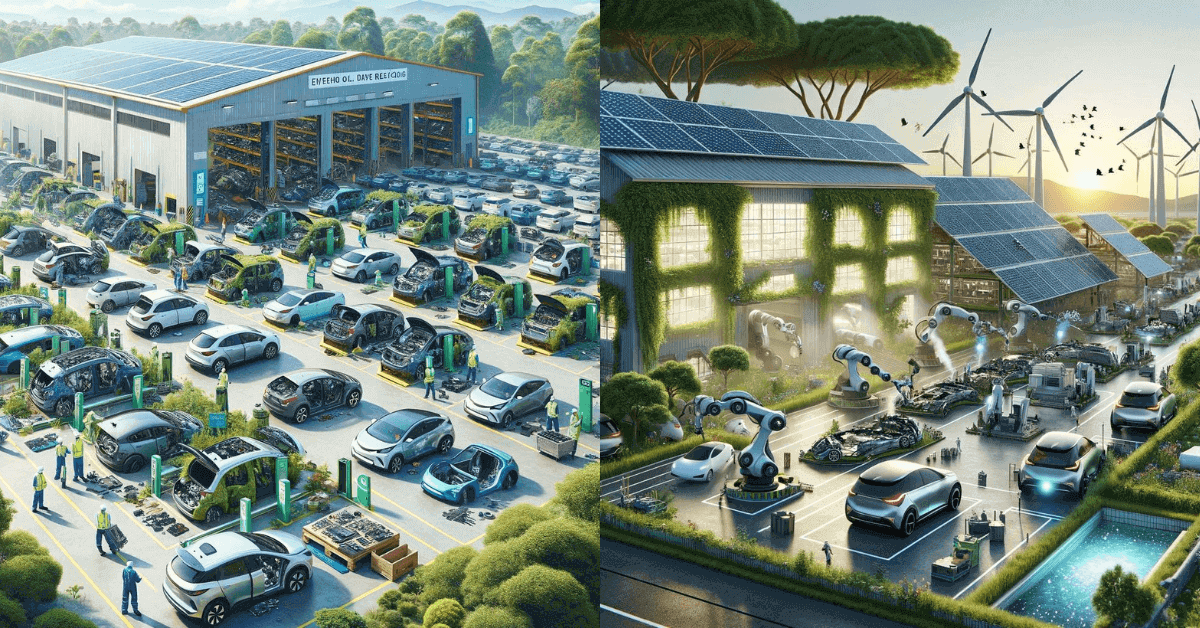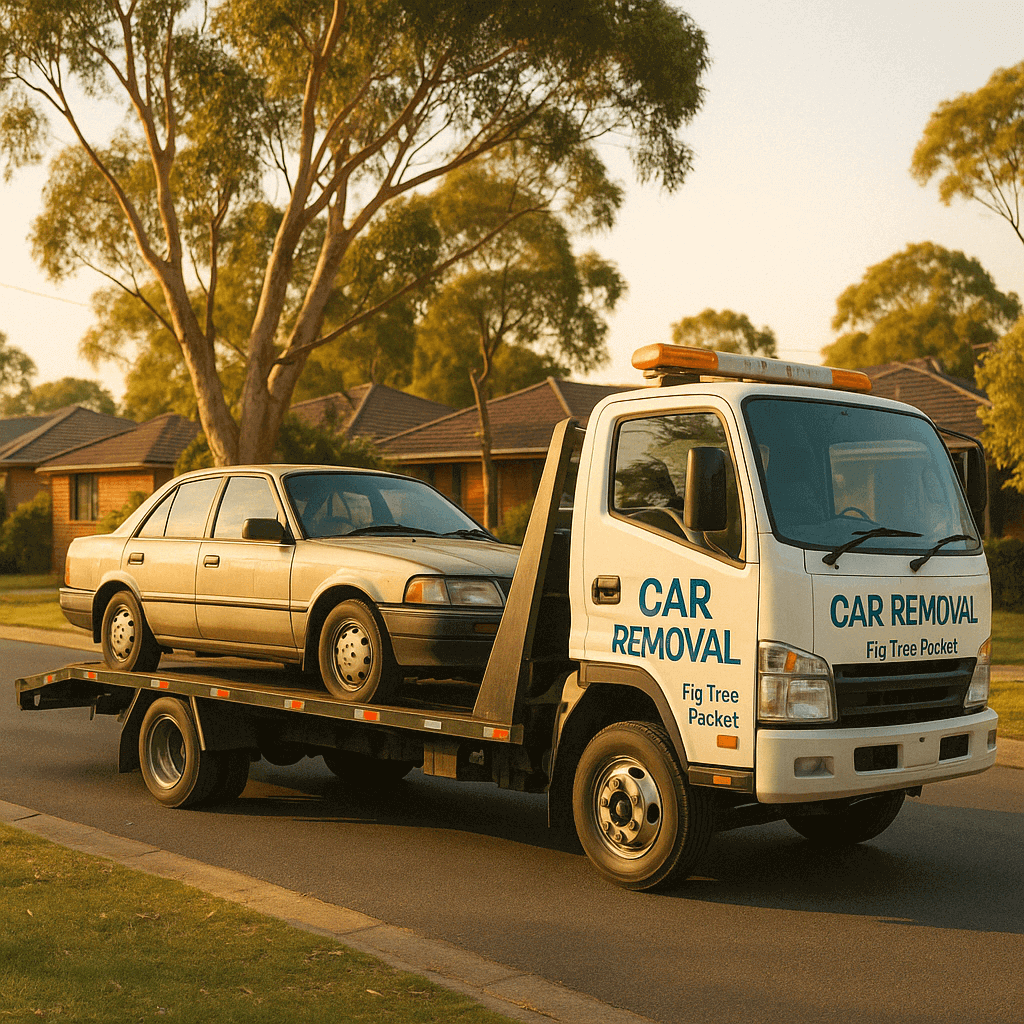Environmentally Friendly Car Wrecking

In today’s rapidly evolving automotive landscape, the need for sustainable solutions has become paramount. Growing concerns about climate change and environmental degradation are putting pressure on industries to adopt environmentally sustainable operations. One such area of focus is car wrecking, where environmentally friendly approaches are gaining traction. This article explores the concept of ecologically friendly car wrecking, its benefits, processes, and its role in shaping a greener future.
What is Environmentally Friendly Car Wrecking?
Environmentally friendly car wrecking involves the dismantling and recycling end-of-life vehicles with minimal environmental impact. It aims to maximize the reuse of components while minimizing waste and pollution.
Benefits of Environmentally Friendly Car Wrecking
Reduction of Environmental Impact
By recycling and reusing vehicle components, environmentally friendly car wrecking reduces the need for raw materials and energy-intensive manufacturing processes, thus lowering overall carbon emissions and environmental degradation.
Recycling and Reusing Components
Environmentally friendly car wrecking facilities salvage usable parts and materials from scrapped vehicles, extending their lifespan and reducing the demand for new parts. This practice conserves resources and reduces waste.
Conservation of Resources
By extracting valuable materials such as metals and plastics from end-of-life vehicles, environmentally friendly car wrecking contributes to resource conservation and reduces the strain on natural ecosystems.
How Does Environmentally Friendly Car Wrecking Work?
Depollution Process
Before dismantling, vehicles undergo a de-pollution process to remove hazardous substances such as fluids, batteries, and airbags, preventing environmental contamination.
Salvage and Recycling
Usable components such as engines, transmissions, and body panels are carefully removed and refurbished for resale or recycling, reducing the need for new manufacturing.
Responsible Disposal
The leftover materials that cannot be recycled are disposed of properly, following strict criteria to minimize pollution and harm to ecosystems.
Importance of Choosing Environmentally Friendly Car Wrecking Services
Environmental Responsibility
Opting for environmentally friendly car wrecking services demonstrates a commitment to sustainability and reduces your ecological footprint.
Legal Compliance
Reputable car wrecking companies adhere to strict environmental regulations, ensuring that dismantling and disposal meet legal requirements and minimize environmental harm.
Ethical Considerations
Choosing environmentally friendly car wrecking services supports ethical practices and contributes to preserving natural resources for future generations.
Factors to Consider When Selecting a Car Wrecking Service
Environmental Certifications
Look for car-wrecking facilities with certifications or accreditations for environmental management practices, such as ISO 14001.
Recycling Practices
Inquire about the company’s recycling processes and track record for diverting waste from landfills. Transparency in recycling practices is essential for choosing a responsible service provider.
Customer Reviews and Reputation
Examine client endorsements and reviews to determine the dependability and caliber of services that various auto-wrecking businesses provide. A positive reputation for environmental stewardship is a good indicator of a trustworthy provider.
Tips for Making Your Car Wrecking Process More Environmentally Friendly
Proper Maintenance and Care
Your car can last longer and require less premature disposal with regular maintenance and care.
Choosing Eco-Friendly Products
Opt for eco-friendly automotive products and materials, such as biodegradable fluids and recycled components, to minimize your vehicle’s environmental impact.
Proper Disposal of Hazardous Materials
Dispose of hazardous materials such as batteries, oil, and tires responsibly, following local regulations and recycling programs to prevent pollution and contamination.
Case Studies of Environmentally Friendly Car Wrecking Companies
Several car-wrecking companies have embraced environmentally friendly practices, showcasing innovative solutions for sustainable vehicle dismantling and recycling.
Challenges and Limitations
Technological Constraints
Limited access to advanced recycling technologies and infrastructure can hinder the widespread adoption of environmentally friendly car wrecking practices.
Economic Factors
Cost considerations and market demand for recycled materials may pose challenges for car-wrecking businesses seeking to invest in sustainable practices.
Cultural and Behavioral Barriers
Consumer awareness and attitudes towards car disposal and recycling play a significant role in adopting environmentally friendly wrecking methods, highlighting the need for education and outreach efforts.
Future Trends and Innovations in Environmentally Friendly Car Wrecking
Advancements in recycling technology, government incentives for eco-friendly practices, and shifting consumer preferences towards sustainability drive the evolution of environmentally friendly car wrecking.
FAQs
Environmentally friendly car wrecking reduces environmental impact, conserves resources, and promotes sustainable consumption by recycling and reusing end-of-life vehicle components.
Car wrecking reduces the demand for new materials, conserves resources, and minimizes pollution by recycling and reusing vehicle components instead of manufacturing new ones.
When selecting a car wrecking service, consider factors such as environmental certifications, recycling practices, and customer reviews to ensure ethical and responsible dismantling and disposal of your vehicle.
Some car-wrecking companies offer cash for scrap vehicles, incentivizing recycling and responsibly disposing of end-of-life vehicles.
Conventional automobile wrecking techniques frequently include the release of pollutants and harmful materials into the environment, which exacerbates pollution and degrades ecosystems.
Conclusion
Environmentally friendly car wrecking offers a sustainable solution for end-of-life vehicles, reducing environmental impact, conserving resources, and promoting responsible consumption. By choosing reputable wrecking services and adopting eco-friendly practices, individuals can contribute to a cleaner, greener future for generations.





